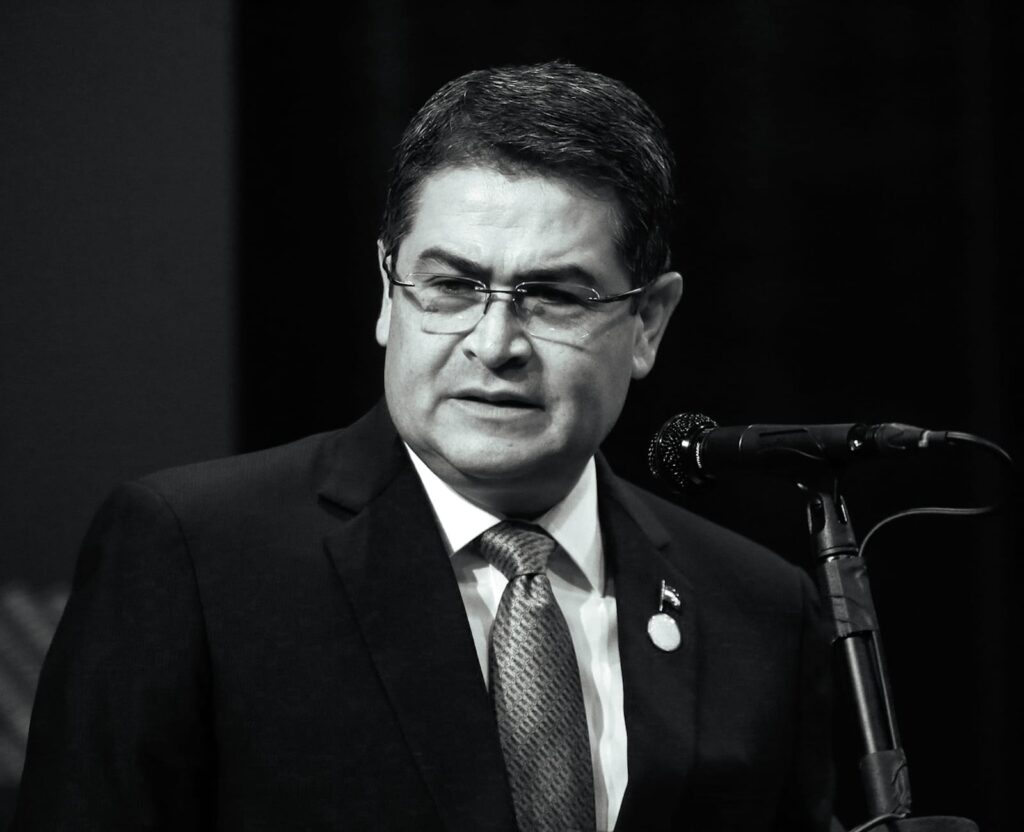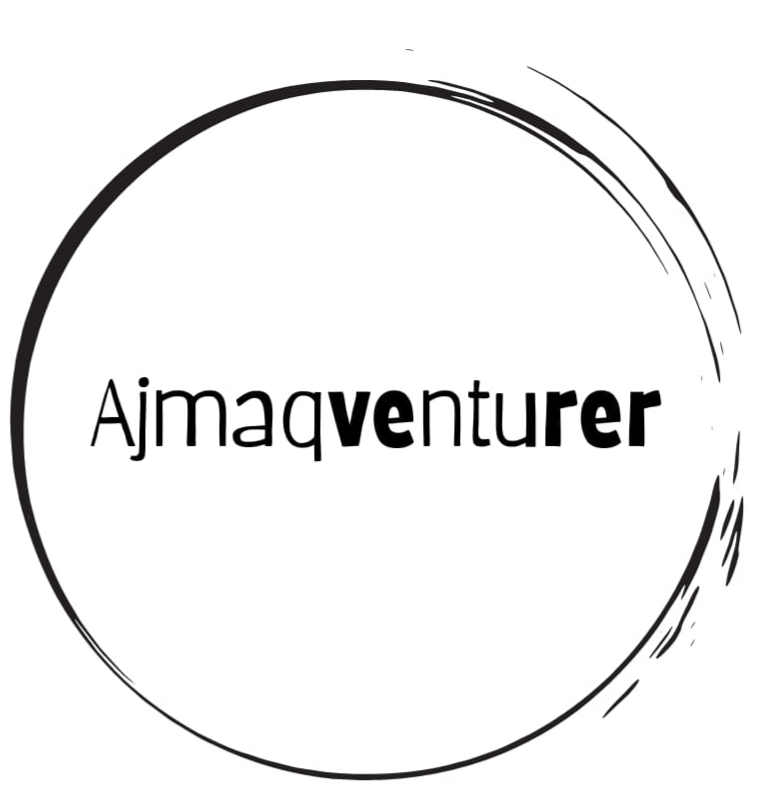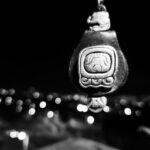JOH: End of a Chapter

Dear readers, So, he’s done for. Juan Orlando Hernandez Alvarado, President of the Republic of Honduras between 2014 and 2022, was convicted on three counts of drug trafficking and weaponry conspiracy on Friday 8th March 2024 by the US Justice Department. The drug trafficking we all kind of knew about; it was his and Honduras’s worst-kept secret. The guns, though, I was unaware of, although I suppose it goes with the territory. He’ll be sentenced on 26th June 2024 and is facing a minimum of 40 years imprisonment, according to what I’ve read. The post is belated and is something less of a talking point since the conviction. It’s taken time to gather all my thoughts on Juan Orlando Hernandez, who I’ll refer to now on by his infamous acronym, JOH. Quite a few people advised me not to write on the subject, especially as a foreigner. “Stick to doodles, musings and mourning: politics isn’t your brand [place].” Point taken: looking beneath the dirty sheets of another nation’s political affairs carries a risk, especially where opinions are heated and allegiances to political parties are fierce. Not that my country of origin’s politics is a model to follow: Brexit, Boris Johnson and cruel immigration policies come to mind. I could well be accused of punching down from a privileged position, poking my nose in as an elitist and feeling superior from colonist Europe. JOH has divided the country to a degree, and I’ve been more in the anti-JOH corner, banging my cacerola with a mettle spoon and teaching my parrot to squawk “Fuera JOH” – “Get Out JOH”, when the moment’s called for it. Therefore, I’m most likely to hot poke a patriotic nerve or two, especially Nacionalistas and JOH supporters. Yes, there are good reasons to shut my mouth and go about my business. Saying that, I’ve lived in Honduras for 13 years, 8 of which JOH was president, accounting for approximately 61.56% of my time in the country. This, funnily enough, was longer than my former marriage. The temptation to voice my opinion is strong. As much as some Hondurans may raise their eyebrows at my next comment, Honduras is my adopted country, or more so, I feel adopted here. I pay taxes (and taxis) and I can be fiercely defensive of the country under unjust critique. Just don’t get me to quote me on all seven verses of the national anthem. It’d be massacre and I’d no doubt be lynched. I believe in free speech and freedom of thought. If it provokes or offends, there isn’t much I can do but invite you to comment below. I don’t intend to upset, although I write with a lot of tongue-in-cheek: just an attempt to charm and entertain. I admit I’m politically biased. I was raised in a left-leaning household in the UK, with a dislike of Thatcherism and mistrust of the right and capitalism. I don’t hold any political alliances to the left in Honduras, nor have I written any Spike Milligan-esque satirical novels such as “JOH: My Part in His Downfall”, but as you can tell from me merely bringing up the idea, I’ve often thought of it. The story has layers, as one expects. There’s something very telenovela about it. Some friends have joked it’s the perfect plot for a season of Narcos, the Netflix series. After all, JOH’s brother, Tony Hernandez, was given a life sentence in the US for similar offenses in 2021, and was accused of having links to the infamous Joaquín Archivaldo Guzmán, better known as, El Chapo. But when these things happen, it seems to open a can of worms and the population gets to see just how engulfed their political infrastructure is by the narco industry. We all seem to have a vague idea, but are unsure who and to what degree. It’s common to hear that the word on the street is that “this politician is connected to this narco family”, and “that politician is connected to that narco company”. It’s a labyrinth of narratives. The media publish names, but it’s difficult to distinguish the truth from heresy. Journalists are under constant threat of being attacked and murdered. Contracorriente, a Honduran media outlet that conducts investigative journalism, claims 93 journalists were murdered between 2001 and 2022, a tiny proportion of which are actually investigated or culprits found. InSight Crime published an interview with Lester Ramírez, a professor at the Central American Technological University (UNITEC) and researcher for the Global Initiative against Transnational Organized Crime (GI-TOC), in the aftermath of the trial with JOH. He says: “I define a narco-state as a situation where a country’s leadership is involved in drug trafficking and production, and top-down policies are implemented to support these activities. Honduras was a narco-state in the sense that the president and his inner circle were profiting from drug cartels. Government officials worked for cartels; providing protection, assassinating the competition, and winning elections, which required narco money. However, the prosperity generated was not shared with the population at large. It did not contribute to the country’s GDP or create sustainable jobs. The only spillovers went into real estate bubbles, laundering money through the financial sector, and paying for political campaigns.” The saddest part of this is, the population feels powerless to stop it, losing faith in their political system, unsurprised and apathetic when news like this appears, and suspicious and sarcastic when a politician does something positive: “Este maje tiene un hidden motive.” It causes foreign investors to venture to other countries due to a lack of confidence in the political infrastructure, and thousands of Hondurans feel forced to emigrate because of a lack of options in their beloved country. A patriotic nerve is hit; their nation’s reputation is dragged through the mud and it’s none of their fault. Hondurans don’t deserve that. They live in a beautiful country and they’re wonderful people, which I say honestly, and not just trying to blow smoke up you-know-what. Just don’t

